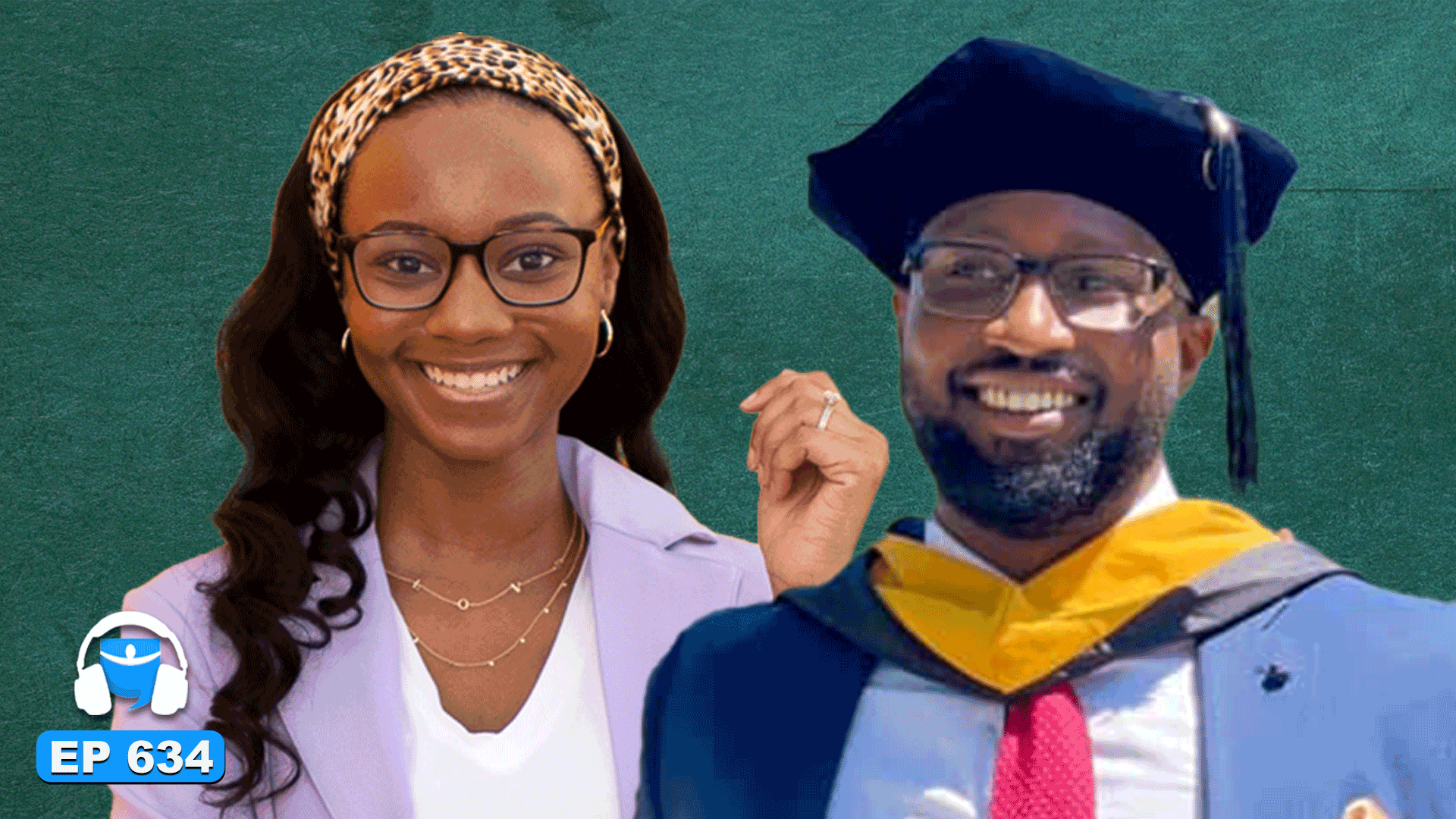I was recently at the Symbiosis International University’s beautiful campus to chair a session on the G-20 Education gathering of Indian and international educationists, called Uni 20. I chaired a plenary session whose theme was ‘Making the World a Better Place to Live in’. The distinguished panel consisted of David Pine, High Commissioner of New Zealand to India, Professor Dr Birgit Brock-Utne of the Department of Education of Norway, Professor Daniel Rycroft, from the University of East Anglia UK, and Professor Priyankar Upadhyaya, UNESCO Chair for Peace.

I was a trifle surprised that all foreign panellists spoke predominantly on two themes: respect for indigenous people and preservation of cultural diversity, and the importance of one’s own language in ensuring a more equitable world. It was almost as if the speakers were trying to overcompensate for the destruction of ‘native’ cultures and the imposition of their own languages on other people, of which they were—directly or indirectly—earlier a part. In fact, Professor Brock-Utne specifically gave the example of the colonial experience of India, which led to the arbitrary imposition of English, and the mutilating neglect of the great linguistic heritage of a refined and ancient civilization.
The Kenyan Nobel Laureate Professor Wangari Mathai once told me that it was only the colonial rulers who truly understood the importance of a language. That it is why it was the first thing they took away from us. Mahatma Gandhi was very clear about the damage that English and English education had wrought, and in 1944 he spoke with a deep sense of foreboding: “Our love of the English language in preference to our own mother tongue has caused a deep chasm between the educated and the politically-minded classes and the masses. We flounder when we make the vain attempt to express abstruse thoughts in the mother tongue….We are too near our own times correctly to measure the disservice caused to India by the neglect of our own languages.”
Jawaharlal Nehru was, if anything, as emphatic. Although education at Eton and Cambridge had made English his first language, he was perceptive enough to note why this had happened. “The British had created,” he wrote in An Autobiography, “a new caste or class in India, the English-educated class, which lived in a world of its own, cut off from the mass of the population.” In fact, Professor Brock-Utne actually quoted these lines.
The tragedy is that, in spite of this awareness, the impact of colonial rule in cultural terms is very difficult to erase. And so it was that at the stroke of the midnight hour on the intervening night of 14-15 August 1947, when India finally broke the chains of British bondage, Nehru’s first words to the millions across the country waiting with bated breath to hear him, were in English: ‘Long years ago we made a tryst with destiny. And now the time has come to redeem that pledge….’. But, unfortunately, only a miniscule elite could understand what he was saying, and even fewer could be trusted to spell ‘tryst’ correctly. This was, indeed, the success of the colonial venture, and the world has still not fully recovered from it, even while a new homogenization dictated by the dominant idiom of the West is imposing a neo-colonialism in the garb of globalization. The irony is that the victims are usually the last to know. Raja Ram Mohan Roy (1772-1833) was a patriot, but in his personal life was caught in the not unfamiliar dilemma of the colonised. It is said that he had two houses in Calcutta, one in which everything was western except him, and the other where everything was Indian except himself!
This is not a diatribe against English or English culture. In a globalizing world, the knowledge of an international language is an asset, and India has, benefitted from it. But in a country with over 24 sophisticated languages, each with their own script and corpus of literature going back millennia, badly spoken English cannot become the lingua franca of our great civilization. That is why Atal Bihari Vajpayee had once quipped: “It is a myth that the English left India as a result of our freedom movement. They left because they could not bear any more the massacre of the English language!” Language is not just a means of communication. It is a window to our culture, folk-lore, history, tradition and historical memories. It is good, therefore, that we have begun the process of respecting our own languages.
The session was an honest and candid discussion of the travesties of the past, and what then needs to be done to build a better world. in my opening remarks, I said that the key concepts for such a world would have to be greater equality, respect for diversity, and compassion. I stressed that this would require a change in the mind-set of human beings, from the insular to the universal. Our ancient sages had that vision. That is why our mahavakyas—or great sentences—written thousands of years ago, spoke of Udar Charitanam Vasudhaiva Kutumbukam (For the big hearted, the entire world is a family). That is why too, we could, at the very dawn of time, have the courage to say: Ekam Sat Vipra Bahudha Vadanti (The truth is one, wise people call it by different names). And that is why also, we could enunciate, Aano Bhadra Krtavo Yantu Vishwatah (Let wise thought flow to us from all sides).
Symbiosis, whose motto is Vasudhaiva Kutumbukam, was an appropriate venue for this important meeting. It is a matter of great pride to me, that as a Distinguished Professor at Symbiosis, I teach a course on Vasudhaiva Kutumbukam, which has now been made compulsory for all students.
Pavan K Varma is author, diplomat, and former Member of Parliament (Rajya Sabha). Just Like That is a weekly column where he shares nuggets from the world of history, culture, literature, and personal reminiscences with HT Premium readers













